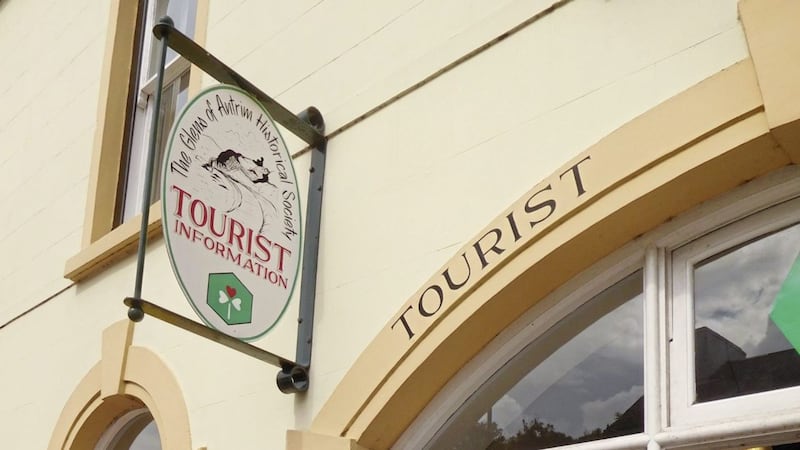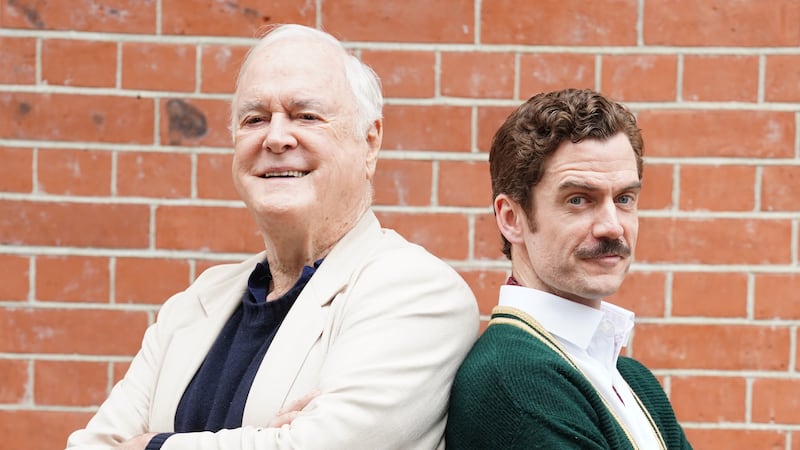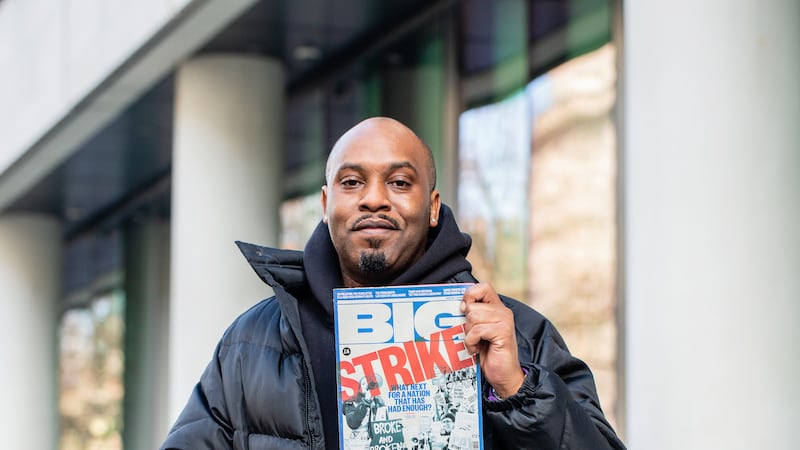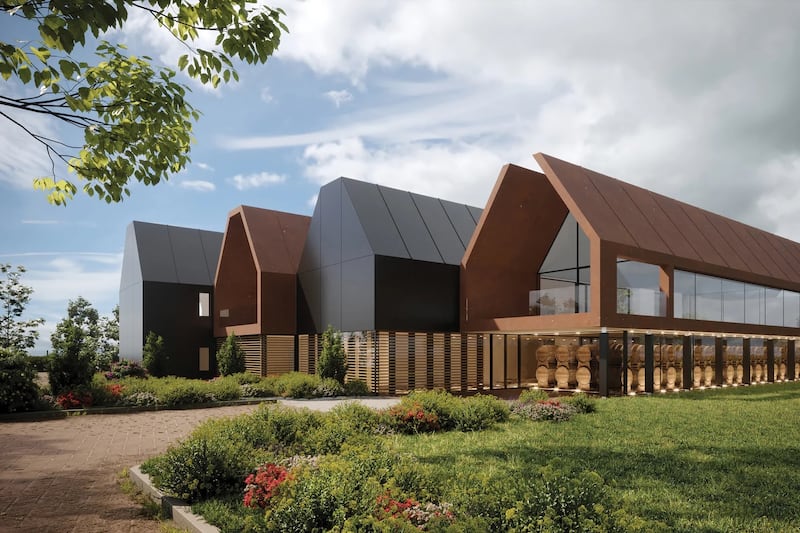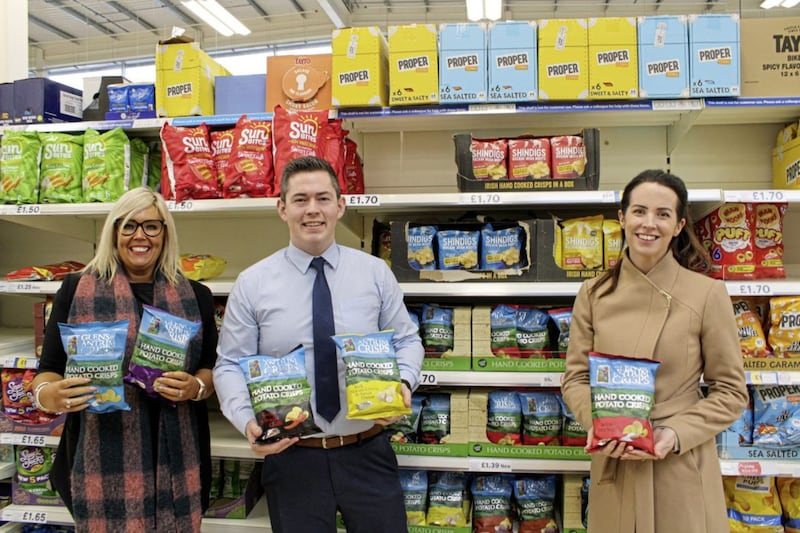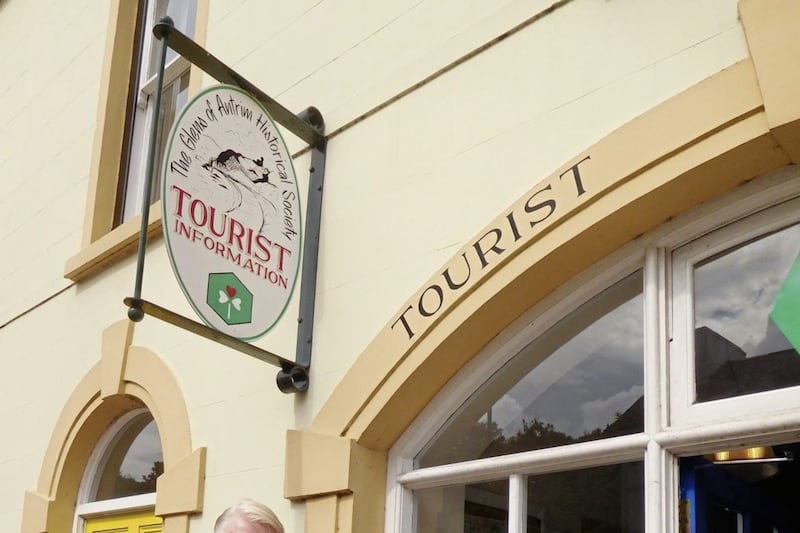ASK local history expert Brian Turner what's in a name and expect a fascinating – and often surprising – answer, the long version of which can be found in Family Names in the Glens of Antrim published recently by the Ulster Historical Foundation.
Described as part guide, part "love letter" to the area, it has attracted the most pre-orders of any title published by the Foundation, while feeding a growing need for amateur genealogists across Northern Ireland to find out who they really are.
The author, a founding director of Down County Museum in Downpatrick and erstwhile curator of local history at the Ulster Museum in Belfast, brings humour and vitality to the illustrated hardback's pages, crammed full of prevailing names from the Glens in modern and ancient times.
There are over 700 different surnames associated with the Glens of Antrim and Dr Turner - who completed a doctoral thesis on aspects of Co Antrim history - pulls a good many out and places them tantalisingly under the microscope.
"Common names are McAlister, McNeill and McKay," he says, "but one of the things I was quite satisfied to show [in the book] was the origin of the McAuleys. For a couple of hundred years, people have been saying that the McAuleys in the Glens came from Scotland, but I was able to show they were, in fact, what you might call the original family in the inner Glens. They are really the old inhabitants around Cushendall and Cushendun.
"Many names in the area today come from Argyllshire – not Antrim – and that's because the clan 'Donald', headed by the MacDonalds, used to control both parts of Argyllshire and Antrim. There are actually more names which originate in Argyllshire now in Antrim than there are left in Argyll."
One of the objectives was to work out, from present day distribution, who these waves of various people were.
"Before the people from Highland Scotland came, there were names like McCormick, McAuley and McGill who were in the Glens," says the writer.
"They would have been what's called autochthonous (indigenous rather than descended from migrants). It means they sort of grew out of the ground and nobody knows where they came from before that."
Another ambition was to demonstrate the different types of Scots who went on to leave their names behind in Northern Ireland. And while the Ulster Scots were normally lowland Scottish Presbyterian settlers with names like Wilson, Brown and Hamilton, the Highlanders were interesting, Dr Turner argues, because the "the first lot" came before the Reformation and were mostly Catholic.
"The same people continued to come after the Reformation and they also went to north Antrim," he explains. "By that time, the Highland Scots had become Presbyterians, so the same people came – but some of them were Catholics and some were Presbyterians. The Reformation divided them.
"There was one man, the chief of the McAlisters, who started off being relating to the MacDonald family – so, he started off being a Catholic but ended up an elder in the Presbyterian church because his generation happened to span the Reformation."
Family Names in the Glens of Antrim is full of such fascinating snippets and is the product of more than 50 years of interest in the subject as well as many long hours of research.
"I visited my friend in Glenariff 50 years ago, looked around me and noticed there were lots of people called McAuley," says Dr Turner. "I used to go to houses in the Glens and just talk to people and 40 years later someone told me he was there during one of those visit, a silent child in the corner, listening and taking it all in. That is amazing because as older generations die out, these important stories are at risk of getting lost. Children don't tend to sit and listen to adults in a corner any more."
As well as looking and listening, The Hearth Money roll proved an important resource. A list of everyone who had a hearth in their house - and who was taxed two shillings for it - gave him all the names of the people who lived in the Glens in 1669.
"Then, I started to pick up other things," he adds. "There is an early Gaelic poem, for instance, which talks about the O'Neills plundering down the Antrim coast and plundering the Clan Auley – that's going back even further than when the McAuleys were there.
"People are always surprised by their history if they go back far enough. When I'm giving a talk, most people can't go back further than their four grandparents, but in the Glens there are lots of people who can back further than that. You end up showing that you've got lots of different types of names, so you're not only the product of the name you're walking about with."
He doesn't want to identify the person exactly, but cites the case of a "prominent, convinced Protestant Unionist" who said the Gaelic language had nothing to do with him.
"The name was traced back to MacElheron which is Mac Giolla Chiarain – son the servant of St Ciaran - so the whole subject goes off into much bigger themes like identity," says Brian, whose own surname 'Turner' is classified as an 'occupational name', along the lines of Baker and Carpenter.
"In the Gaelic system in Ireland, Scotland and the Isle of Man, most names just mean they are descended from a particular person – like the McAlisters are descended from Alister and the O'Neills from Neill – but there is much more untidy system in Britain," says the history buff whose wife, Helen, is now used him "interrogating startled people about their names" or emerging "scratched and unkempt" from a neglected and overgrown graveyard somewhere.
"There are partronymics like Wilson - descended from someone called Will – and then you have habitational names which are taken from places like Glendenning or Irvine. One of the things I'm hoping to show in this book is that we're all a mixture and quite an interesting mixture at that, with different kinds of histories that have come together in this particular place."
:: Family Names in the Glens of Antrim by Brian Turner is priced at £19.99 and is available from good book shops and directly from the publisher at booksireland.org.uk.
